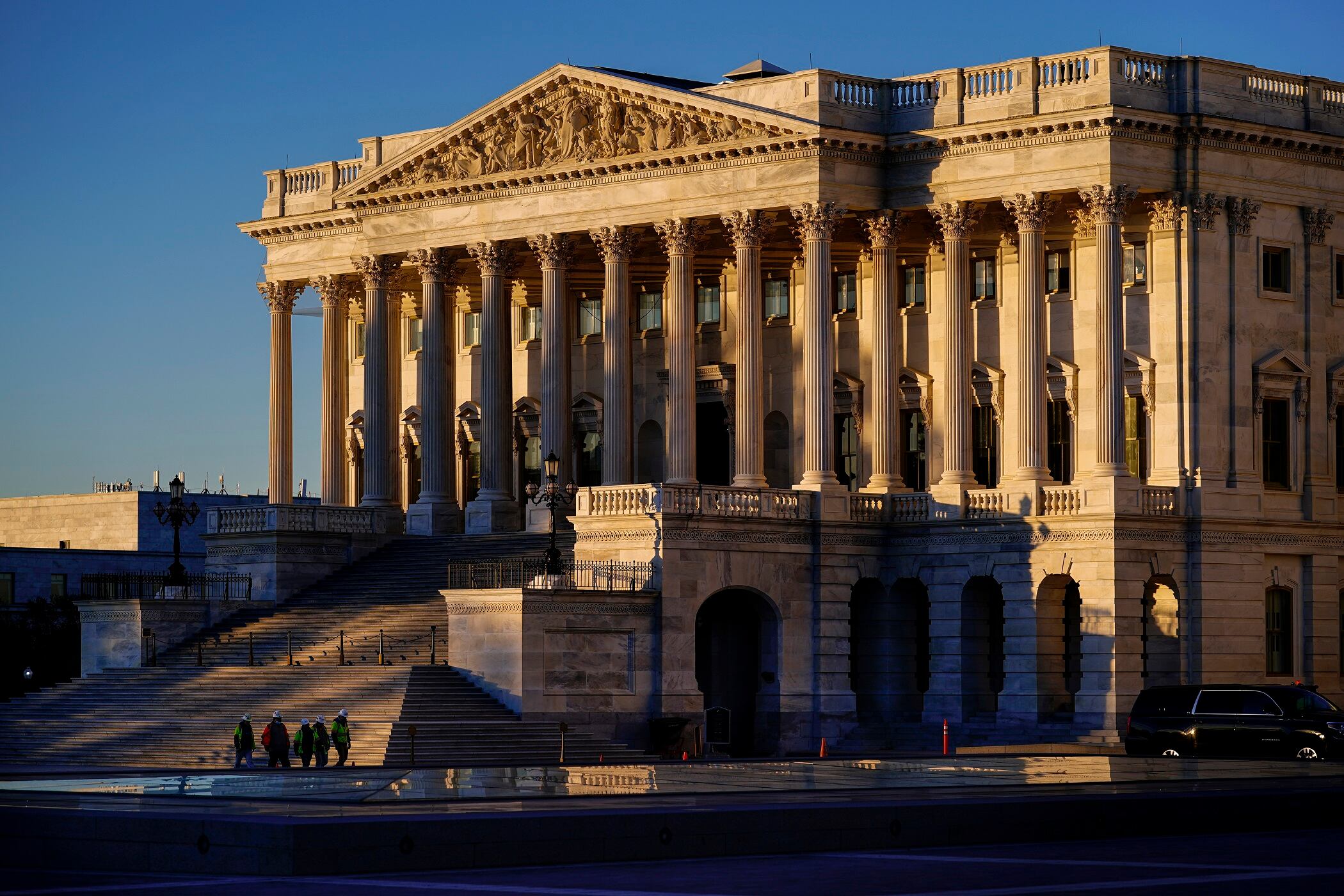Congress got a crash course in crypto on Wednesday, as six executives from companies representing a cross-section of the digital economy, including crypto-exchanges, stablecoin issuers, and blockchain developers, answered questions from the House Financial Services Committee.
The hearing was notable for being the first on Capitol Hill to focus exclusively on cryptocurrencies. As a result, much of the nearly five-hour hearing was centered around getting Congress up to speed on key concepts and giving both lawmakers and the panelists a chance to air their concerns about how any future regulations might shake up the industry.
"The goal today is to listen, learn, and ask questions," said North Carolina Rep. Patrick McHenry, the ranking Republican on the committee, who has been generally sympathetic to the industry.
In addition to educating lawmakers, however, the executives had a clear agenda. They stressed that crypto companies were ready for regulation, but that the industry deserved its own regulatory framework with a designated agency, rather than being placed under existing rules.
"Without tailored legislative solutions that are openly debated with public participation, the United States risks unnecessarily onerous and chilling laws and regulations," said Alesia Jeanne Haas, CFO of Coinbase Global Inc., a major crypto exchange, during her testimony.
Coinbase recently produced its own regulatory plan called the "Digital Asset Policy Proposal," which calls for a new agency to regulate the industry under a crypto-specific framework. The company is currently leading a lobbying effort to push this framework in Congress.
The panelists also emphasized that parts of the industry are already regulated.
"I think that it is healthy that the industry will be regulated," said Samuel Bankman-Fried, CEO of FTX, another crypto exchange. "I think it is also already regulated in a number of ways."
Despite the industry's openness to regulation, lawmakers expressed broader concerns about the crypto market, such as whether it is uniquely prone to fraud and manipulation, and how the growth of crypto assets could present new systemic risks and challenge the U.S. dollar.
"Currently cryptocurrency markets have no overarching or centralized regulatory framework, leaving investments in the digital asset space vulnerable to fraud, manipulation, and abuse," said Rep. Maxine Waters (D-Calif. 43rd District), Democratic chair of the committee.
The executives often responded by spelling out the benefits of a more decentralized financial and monetary system. According to the panelists, those include reducing the cost of money transfers, speeding up transactions, and eliminating the need for central clearinghouses.
"Soon we believe that dollars on the internet will be as efficient and widely available as text messages and email," said Jeremy Allaire, CEO of Circle, a major stablecoin issuer.
They also noted that decentralized finance can help cut out risk factors such as greed, negligence, and even bias in the financial system; in other words, the human element.
"Digital assets can also reduce bias in finance," said Charles Cascarilla, CEO and co-founder of the Paxos Trust Company, a blockchain technology company. "At its heart, blockchain is just a math equation. It is agnostic to a users' race, gender, nationality, or income."
In response to a question about protecting consumers from risk, Brian P. Brooks, CEO of the Bitfury Group, said it was better to let more people into the market, thus increasing liquidity and buy-in across the economy, than try to push them out of the market for their own safety. He pointed to hesitation by U.S. regulators to approve a crypto mutual fund or exchange traded fund.
"We don't allow crypto mutual funds," he said. "We don't allow people to diversify the way they do in Canada, Germany, Singapore, the United Arab Emirates, and a series of regulated economies around the world. I would argue that the way to win is to bring more people into the system more safely, not to keep them out at their own peril."
On the question of volatility in the crypto market, Brooks added that it would pass in time.
"A lot of the price volatility of cryptocurrency has to do with the early stage of the market and the thinly traded nature of the assets compared to, for example, U.S. real estate or global equities or anything like that."



